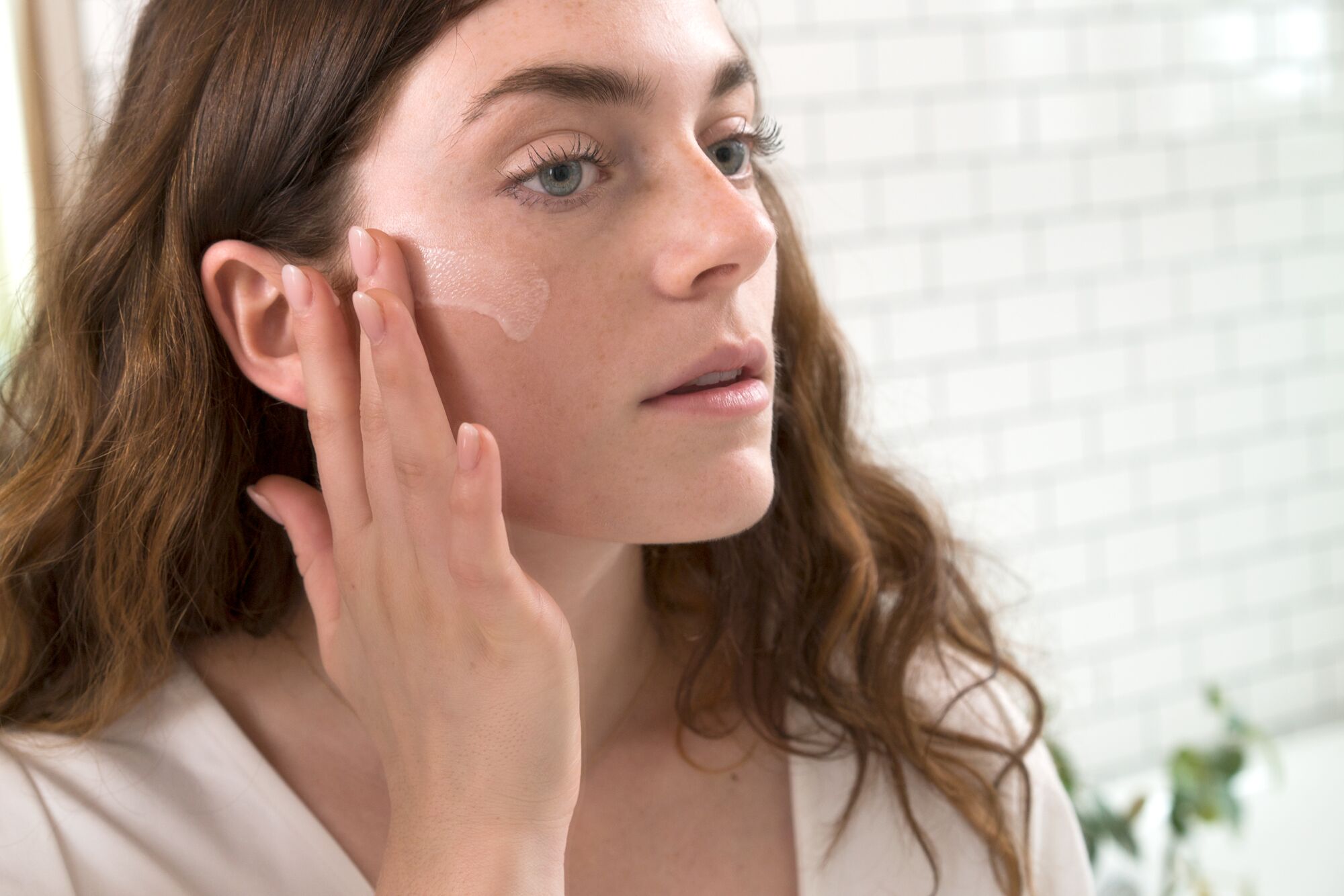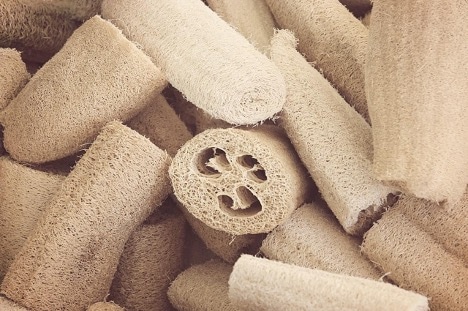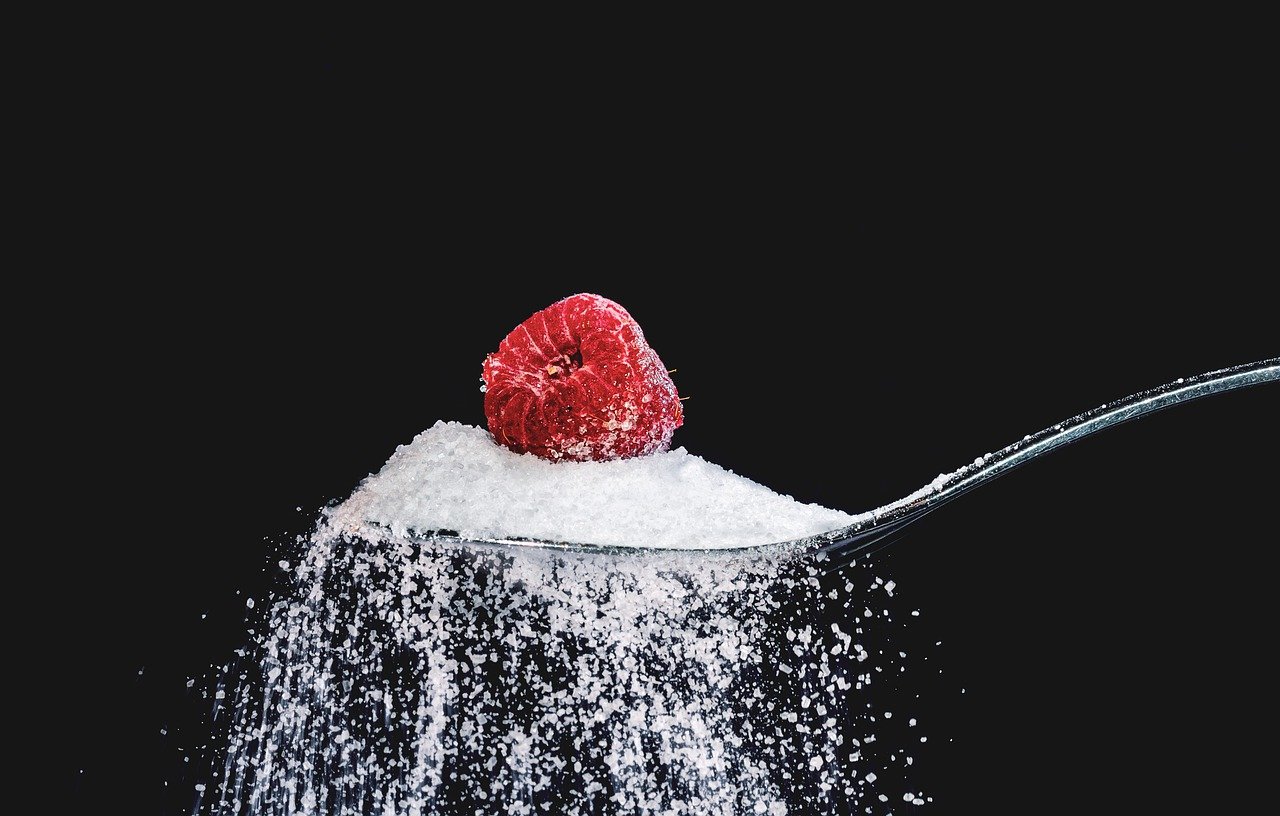Your skin is the first line of defense against all the elements that come along with different seasons. While you are focusing on the transformation of the environment around you during this time, it is easy to forget that your skin must be adequately cared for as the temperature changes. The changing seasons can cause your skin to react differently to the variance in temperature.
Adjusting your skincare routine as the weather changes is a vital component to your skin’s overall health and well-being. When you neglect your skin, you run the risk of suffering from annoying and potentially embarrassing conditions such as dry skin, blotchiness, or breakouts. To avoid this situation, there are simple tips to always keep in mind as the seasons transition.
Proper Skincare Transitioning into Warmer Months
- Protect your skin from the sun as much as possible. It is important to use high-quality sunscreen and avoid overexposing your skin to harmful UV rays. While many sunscreen brands boast that they are water resistant, a good rule of thumb is to reapply sunscreen every two hours for adequate protection.
- While sunscreen is a wonderful addition to your general skincare, it is not guaranteed protection for your skin. It is vital to be conscious of how much time you spend in the sun. Try to limit your skin’s exposure to the sun whenever you can. This does not mean that you cannot enjoy a beautiful day but try to stay in shaded areas when possible to avoid skin damage.
- Hotter weather provides a natural type of moisture to your skin. While you should continue to use lotion as part of your skincare routine, it isn’t necessary to over moisturize. Use lotion sparingly so your skin does not become sticky and oily.
- Proper exfoliation is vital through this season. An increase in temperature means that you will sweat more which causes a dead skin to accumulate. The right exfoliant will gently wash away the dead skin and open up clogged pores. Exfoliation prepares your skin for the added moisture often present during the summer.
- Changing your hairstyle when the season becomes hotter not only provides you with a new look but is a significant advantage to your skin. Pulling your hair up and away from your face avoids straggling hair irritating any part of your face. Skin irritation leads to unwanted marks or blemishes. An added benefit of having your hair up is that it tends to help you stay cooler.
Seasonal Skincare Routines when the Weather Turns Cold
- When moving from summer to fall, it is beneficial to change your daily cleanser. During the cooler months, a cream-to-oil cleanser is a great asset as it provides your skin with an extra layer of moisture to avoid dehydration.
- In addition to the adjustment in your daily cleanser, it is important to remember that cleaning your skin too often as the weather becomes colder can cause issues as well. Cold weather will naturally dry out your skin. While it is still important to wash your skin, it may only be a necessity once a day as the months become dryer.
- As the weather turns cold, a hot shower or bath becomes more enticing. It is important to remember that hot water will strip away the natural oils that your skin produces. During the fall and winter, a good rule of thumb is to wash your skin in lukewarm water to avoid losing the natural skin protection that your body creates.
- Incorporating a certain amount of sunscreen in your seasonal skincare routines during fall and winter is something that we often overlook. While the sun may not seem as strong during these seasons, there are still UV rays that can damage your skin. The sun refracting off snow produces direct exposure to harmful UV rays. You do not need as much sunscreen as you would during summer, but a small amount on exposed areas of your body makes a huge difference in the care of your skin.
- The colder seasons tend to cause the color in your cheeks to diminish as your face is usually hidden behind a coat or a scarf. It is important to remember not to pinch or irritate your cheeks to attempt to bring out a “natural” color. Try to stick with natural blushes that are less harsh on your skin.
It is important not to overlook the benefit of applying small changes to your skincare routine that you can implement during any season. Getting the right amount of sleep every night affects healthy skin. A good night’s sleep throughout the year gives your skin an extra glow and eliminates dark circles under your eyes. Lack of sleep naturally dries out your skin and gives you an overall aged look.
Applying makeup is generally a big part of any woman’s day. Makeup removal should be just as important as the application. Forgetting to wash your face at the end of the day could cause serious skin issues depending on the season. As the weather gets warmer, your makeup can add to blocking your pores and cause redness and irritation. If you do not wash away your makeup when the months get cooler, you expose your skin to excess dryness with the combination of product and lack of humidity in the air.
Making small modifications to your skincare routine as the seasons change will mean a world of difference to your skin health. When you wait too long to amend your daily routine, the result could be overly oily or dehydrated skin which can be a source of great discomfort or even embarrassment. By learning different seasonal skincare routines, you can walk into any room with a smile on your face and confidence in knowing that your skin is vibrant and glowing.
Do you spot those aromatic pumpkin spiced lattes and hot cocoa topped with fluffy marshmallows around you? Or, the sweet-smelling Read more
When you choose to have a facelift, you are taking an important step toward improving the health and appearance of Read more
Your work schedule may be crazy, but it is always easy to squeeze in a few minutes for your skincare. Read more
As you can see, there are underlying reasons why your skin could be acting up, and it is important to Read more
April Klazema
April is based in the Netherlands, and writes across a broad range of beauty, lifestyle, and childcare topics.













